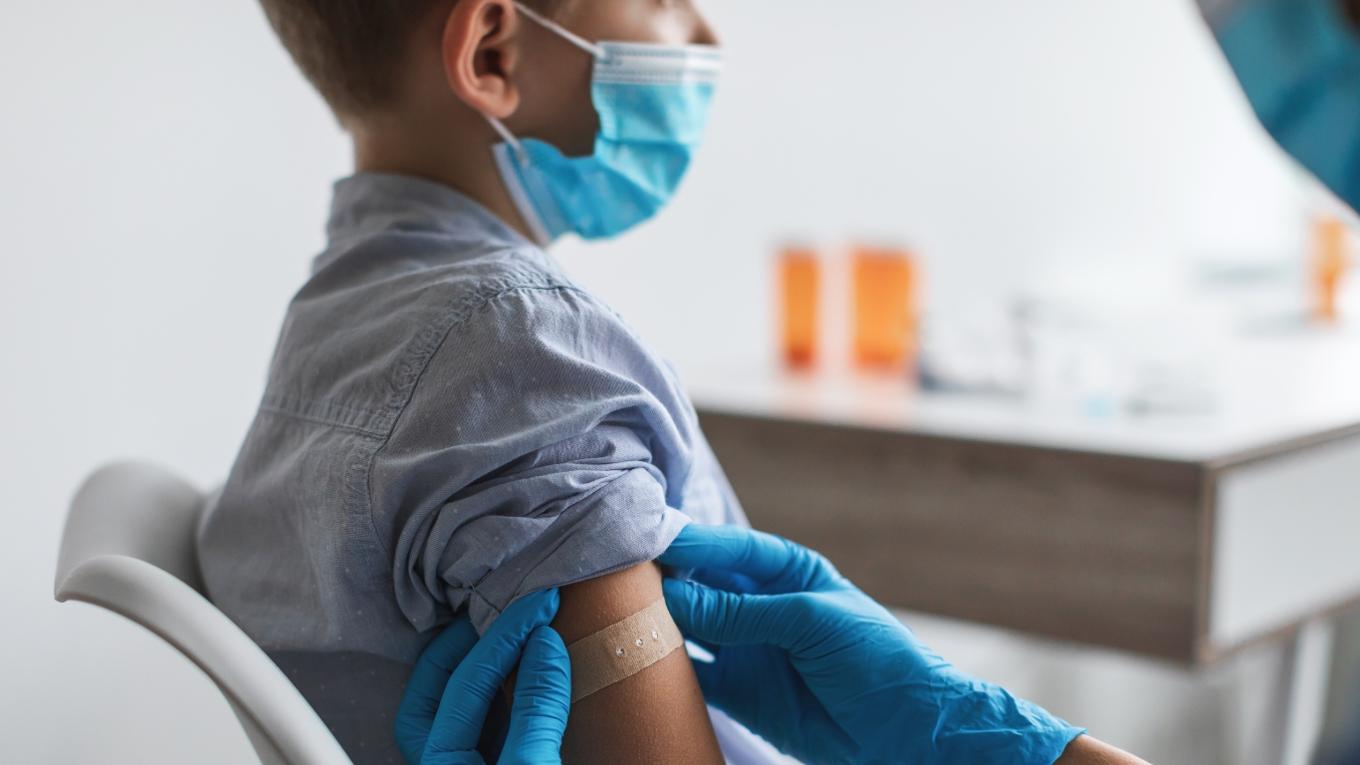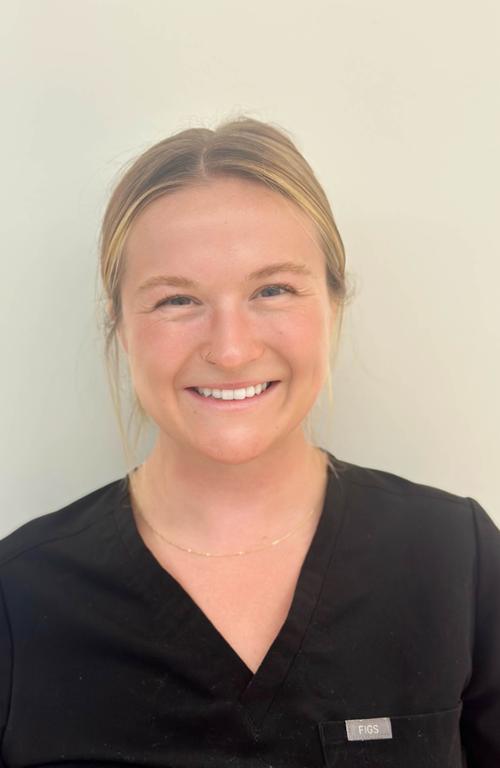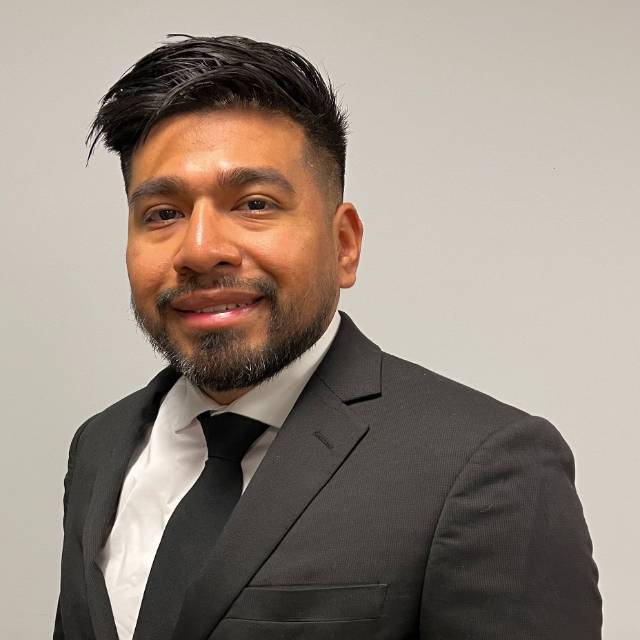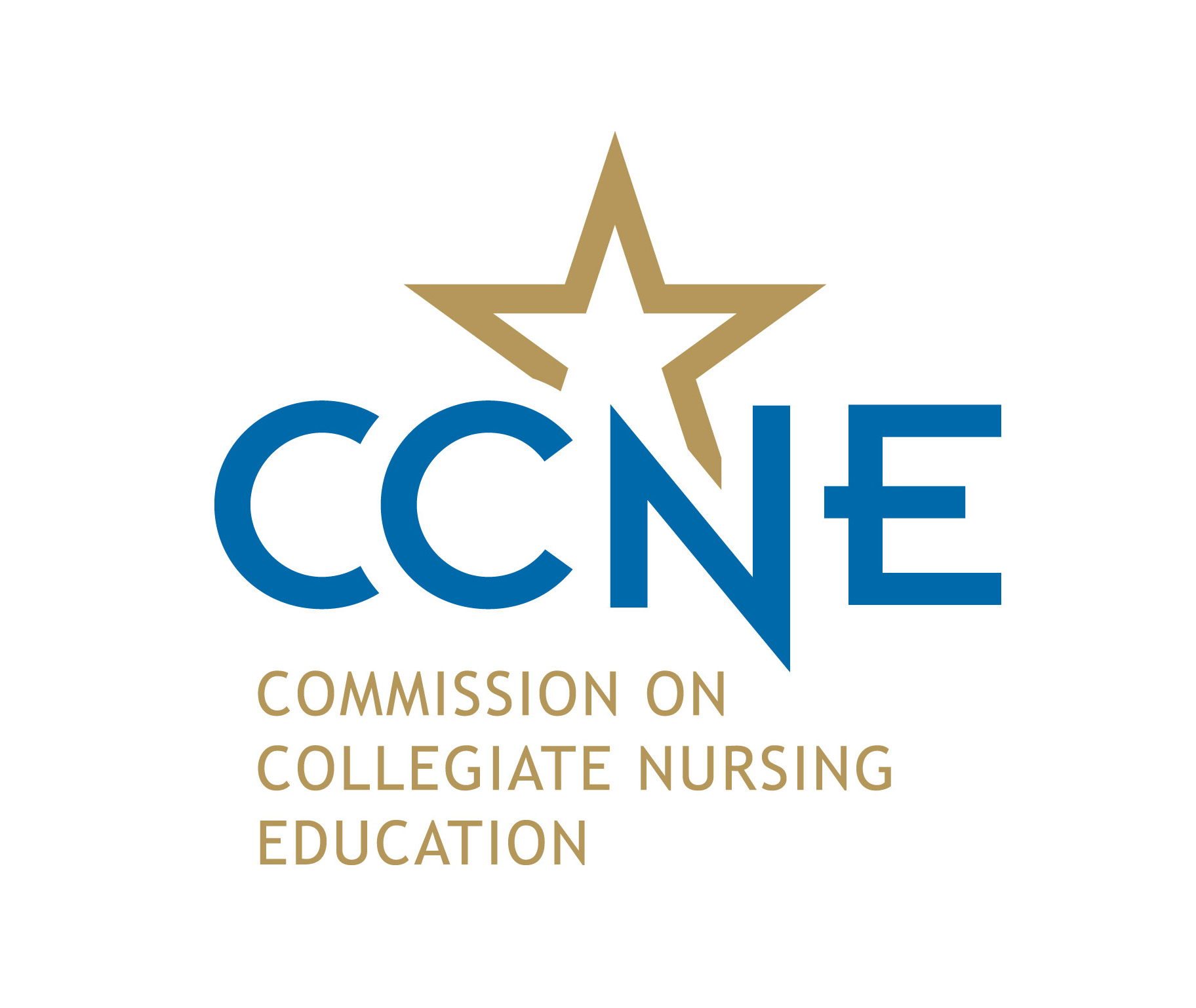Family Nurse Practitioner
Earn an online MSN in Family (Individual Across the Lifespan) Nurse Practitioner and prepare to advance your career as a primary care provider with expertise to diagnose and develop advanced treatment plans for individuals of all ages and in a variety of settings. Courses include clinical hours that will prepare you for the national Family Nurse Practitioner licensure exam.
When you really get to know your patients, you discover more about who you are as a nurse practitioner. That’s just one of the many rewarding aspects of becoming an FNP.
Program Information
The Master of Science in Nursing, Family Nurse Practitioner is a three-year online program that prepares you to practice as a primary care provider. You will expand your expertise to diagnose and develop advanced treatment plans for individuals of all ages and in a variety of settings, including independent practice.
Program Type
Major
Degree
Master's
School
Duration
3 years
Required Credit Hours
44 Credit Hours | 775 Clinical Hours
Modality
Online
Student and Alumni Perspectives
Admissions
Admissions Requirements
To qualify for our online MSN program, you must:
- Hold a BSN from an accredited college or university with a GPA of 3.0 or higher
- Have at least 1 year of full-time work experience as an RN (prior to registration in clinical or specialty courses)
- Hold a current, unencumbered RN license
- Complete an undergraduate-level statistics course with a “C” or higher
The faculty admissions committee may look more closely at nursing and science grades
when making admissions decisions.
Admissions Process
- Resume or curriculum vitae
- Professional goal statement
- Official transcript(s)
Transfer Credit Policy for MSN Family Nurse Practitioner Students
- A maximum of 9 graduate credits, completed within the past 5 years from a previously earned graduate degree, may be transferred.
- A grade of “B” or higher is required.
- The Advanced Standing Request form must be submitted during the admissions process for transfer credits to be considered.
Curriculum
Coursework for Duquesne University’s online MSN-FNP program is designed to enhance your nursing practice, so you can provide outstanding care for people across the lifespan.
Strengthen your Family Nurse Practitioner MSN degree by adding a concentration to your coursework. We offer concentrations in Forensic Nursing, Nursing Education and Faculty Role, or Transcultural Nursing.
- GPNG 547 Historical and Contemporary Frameworks for Advanced Practice Nursing (3 credits)
- GPNG 534 Advanced Pharmacology Applications (3 credits)
Spring 2027
- GPNG 533 Advanced Pathophysiology Applications (3 credits)
- GPNG 548 Evidence Based Practice and Policy for Advanced Nursing (3 credits)
Summer 2027
- GPNG 535* Advanced Physical Assessment and Diagnostic Reasoning Applications (75 total clinical hours include 50 hours precepted and 25 campus residency hours) (3 credits)
- GPNG 550 Clinical Prevention and Population Health Promotion for Advanced Nursing Practice (3 credits)
* Students enrolled in GPNG 535 are required to come to campus for three days. In
addition to the campus residency visit, precepted clinical hours are also required
for GPNG 535.
Courses underlined are considered clinical courses. Students must refer to the Graduate Student Handbook
for all clinical policies and procedures specific to their program.
- GNFN 542 Primary Care I (75 clinical hours) (3 credits)
- GPNG 549 Nursing and Health Care Ethics in Practice and Policy (3 credits)
Spring 2028
- GNFN 543 Primary Care II (225 clinical hours) (5 credits)
Summer 2028
- GNFN 544* Primary Care III (200 clinical hours; 25 residency hours) (6 credits)
* Students enrolled in GNFN 544 must also complete the three day on-campus requirement.
Courses underlined are considered clinical courses. Students must refer to the Graduate Student Handbook
for all clinical policies and procedures specific to their program.
- GNFN 545 Primary Care IV (Comprehensive Exam) (225 clinical hours) (6 credits)
- GPNF 546 Transitioning to Role of Advanced Practice Nursing (3 credits)
Courses underlined are considered clinical courses. Students must refer to the Graduate Student Handbook for all clinical policies and procedures specific to their program.
Ask a Question
Do you have questions about the Family Nurse Practitioner MSN program?
The Family Nurse Practitioner MSN program at Duquesne University School of Nursing
is accredited by the Commission on Collegiate Nursing Education (CCNE).
Learning Outcomes
Accreditation







